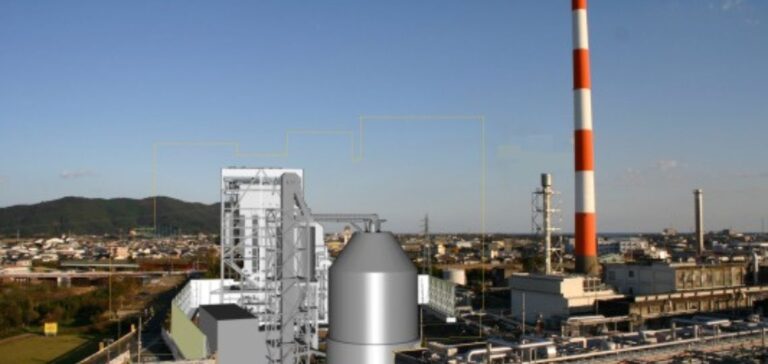ABB has won its ninth contract with TOYO Engineering Corporation in Japan to supply its ABB Ability™ Symphony Plus distributed control system (DCS) to the Wakayama Gobo biomass power plant, about 120 km south of Osaka.
ABB and TOYO Join Forces to Automate a Peak Biomass Power Plant in Japan
When operational in 2025, the 50 MW biomass power plant, which will use wood pellets and agricultural by-products as feedstock, will be capable of supplying enough energy to power up to 110,000 Japanese households a year. The plant is being developed in partnership by Enewill (formerly JAG Energy), Osaka Gas and SMFL MIRAI Partners, who have called on engineering, procurement and construction (EPC) contractor TOYO to design and build the facility. ABB’s DCS solution will provide complete visibility of operations, enabling operators to make informed decisions in real time to optimize production, improve processes and increase efficiency.
ABB will also deploy its Adaptive Execution™ project management methodology, which uses digitization to speed up delivery times and accelerate site start-up. This new order, concluded in January of this year, follows the ongoing collaboration between ABB and TOYO, with the company integrating its automation solutions in eight other biomass plants under construction in Japan. As domestic energy supply grows by more than 4% year-on-year, Japan – previously considered a carbon-intensive country – is investing in ways to meet demand growth while reducing its dependence on fossil fuels. In 2022, its renewable energy production increased by 11.7%, driven mainly by solar energy and biomass production.
“In its Sixth Basic Energy Plan, Japan’s Ministry of Economy, Trade and Industry announced a target of 8 GW for biomass installed capacity in the country by 2030, which would cover 5% of its projected electricity demand,” said Brandon Spencer, President of ABB Energy Industries.
“The nine projects in which we are involved will provide a collective generating capacity of 500 MW, meeting more than 6% of the government’s target and providing energy to more than a million households.”
Japan is currently the world’s fifth-largest biomass market, and is expected to grow by 5.4% a year until 2025, and by 3.7% a year over the following decade.






















